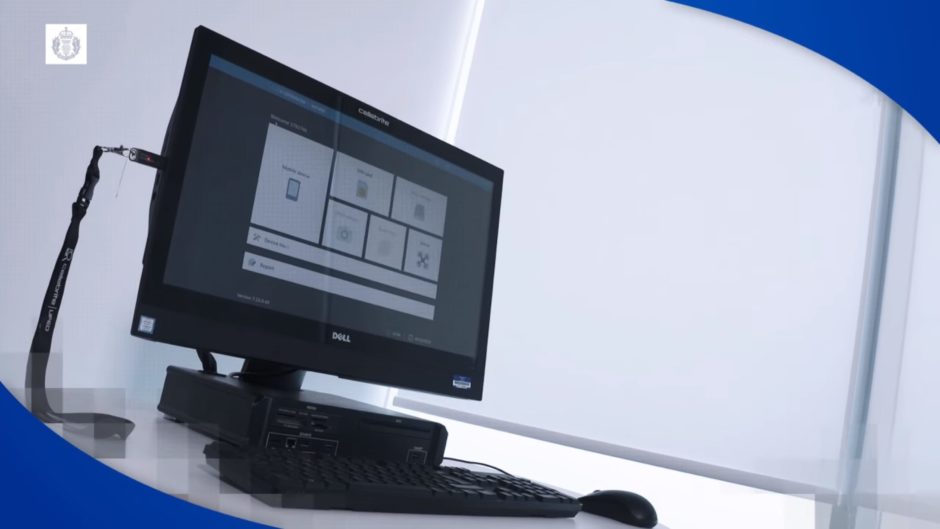Controversial gadgets which allow police to bypass security measures on digital devices such as smartphones and tablets have been rolled out in Fife.
Police Scotland are phasing in 41 so-called “cyber kiosks” across the country and The Courier understands police stations in Glenrothes and Dunfermline were first to be kitted out with the technology.
The desktop computers, which can scan digital devices for evidence, were bought by the force two years ago but have been delayed following a series of legal wrangles.
Campaigners opposed to the rollout, such as the Scottish Human Rights Commission and Privacy International, have raised concerns the legal powers under which Police Scotland will operate the technology are “not sufficiently clear, foreseeable or accessible” and say new legislation is needed.
Police chiefs say more than 400 specially-trained officers will triage mobile devices to determine if they contain information which may be of value to an investigation. Devices not relevant to an investigation will be returned to their owners more quickly.
Deputy Chief Constable Malcolm Graham said police will only examine a digital device where there is a “legal basis and where it is necessary, justified and proportionate” to an incident or crime under investigation.
“Current limitations mean the devices of victims, witnesses and suspects can be taken for months at a time, even if it later transpires that there is no worthwhile evidence on them.
“By quickly identifying devices which do and do not contain evidence, we can minimise the intrusion on people’s lives and provide a better service to the public.”
The move comes after figures from the Scottish Police Authority suggests cyber crime grew by 215.2% from April to September 2019 compared to the same period the previous year – up from 1,426 to 4,495.











